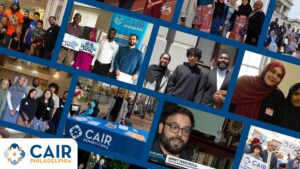
Director’s Desk: What Are Muslim Lives Worth?
Nearly one week ago, three gunmen wearing suicide vests killed 44 people and wounded at least 239 in an attack on Ataturk International Airport in Istanbul. According to the latest information released by the Turkish Government, the three attackers were Russian, Uzbek, and Kyrgyz nationals, each with ties to ISIS.

